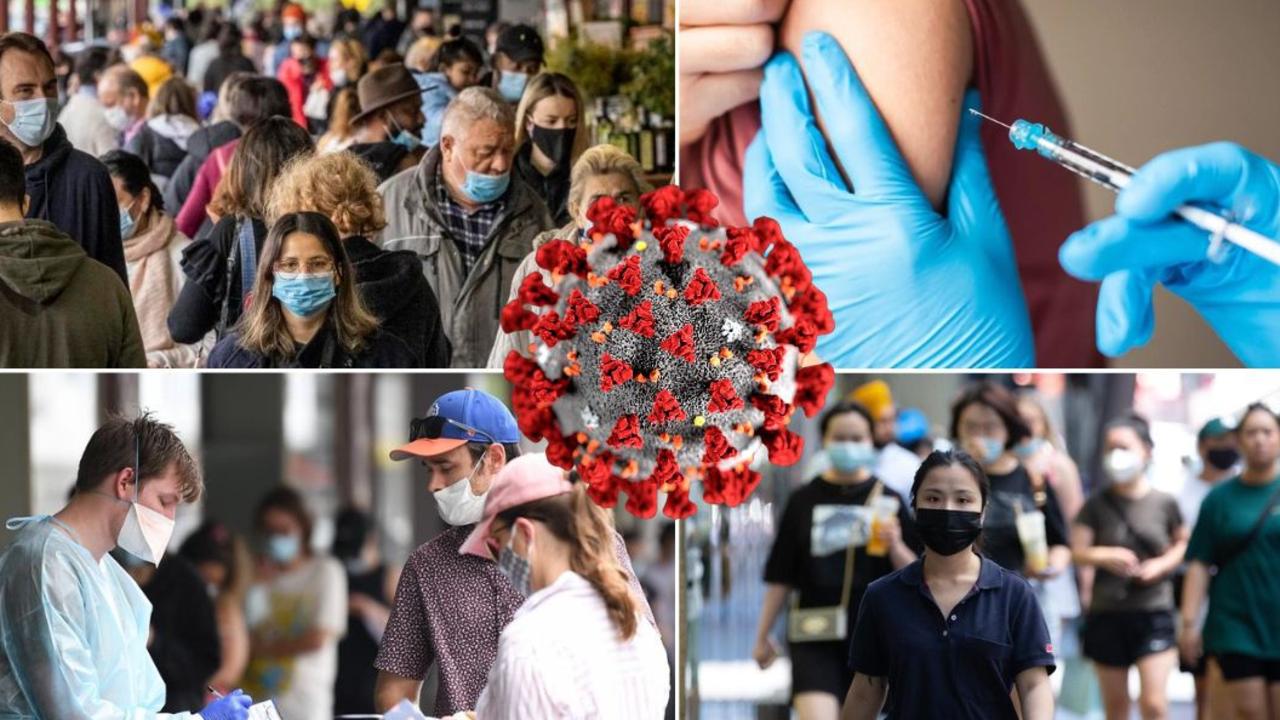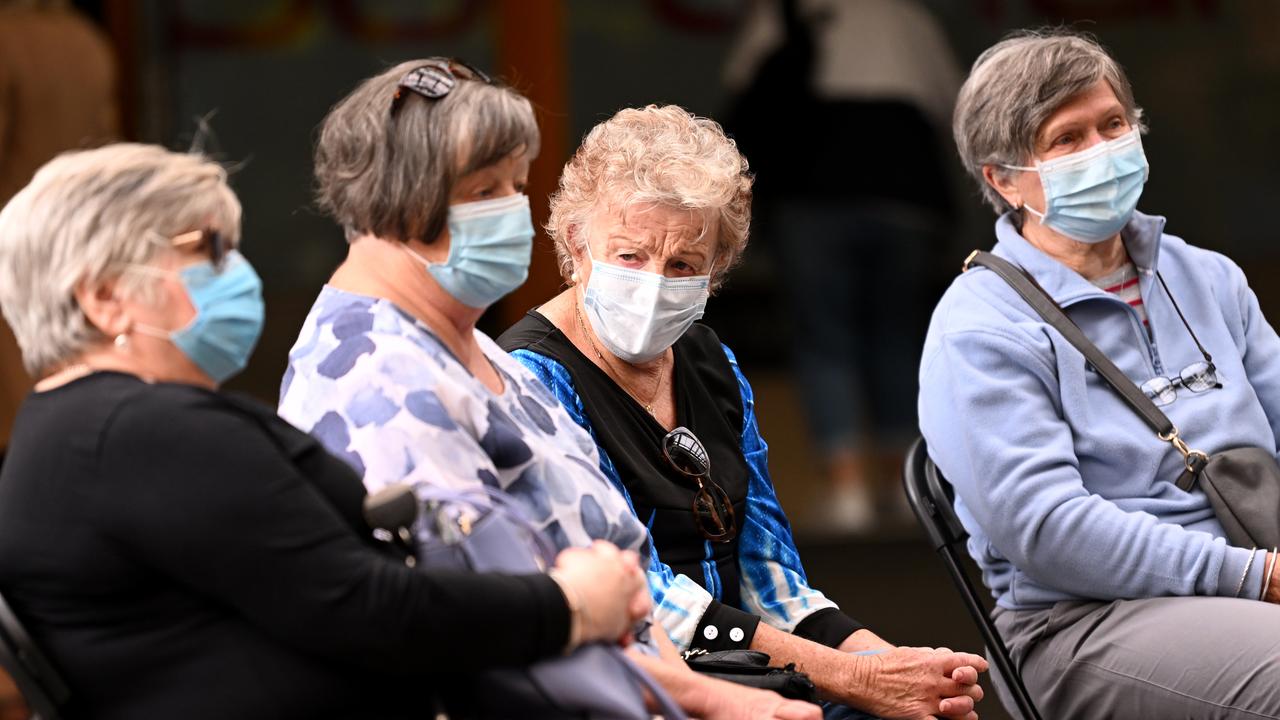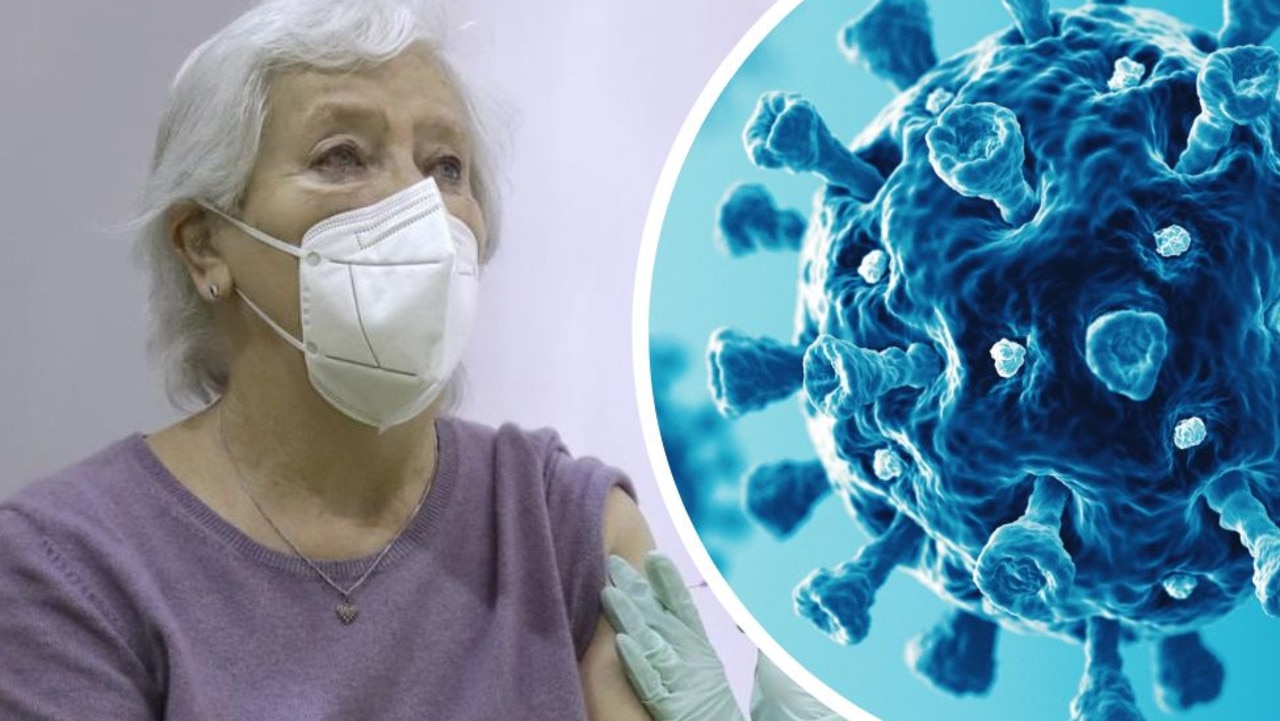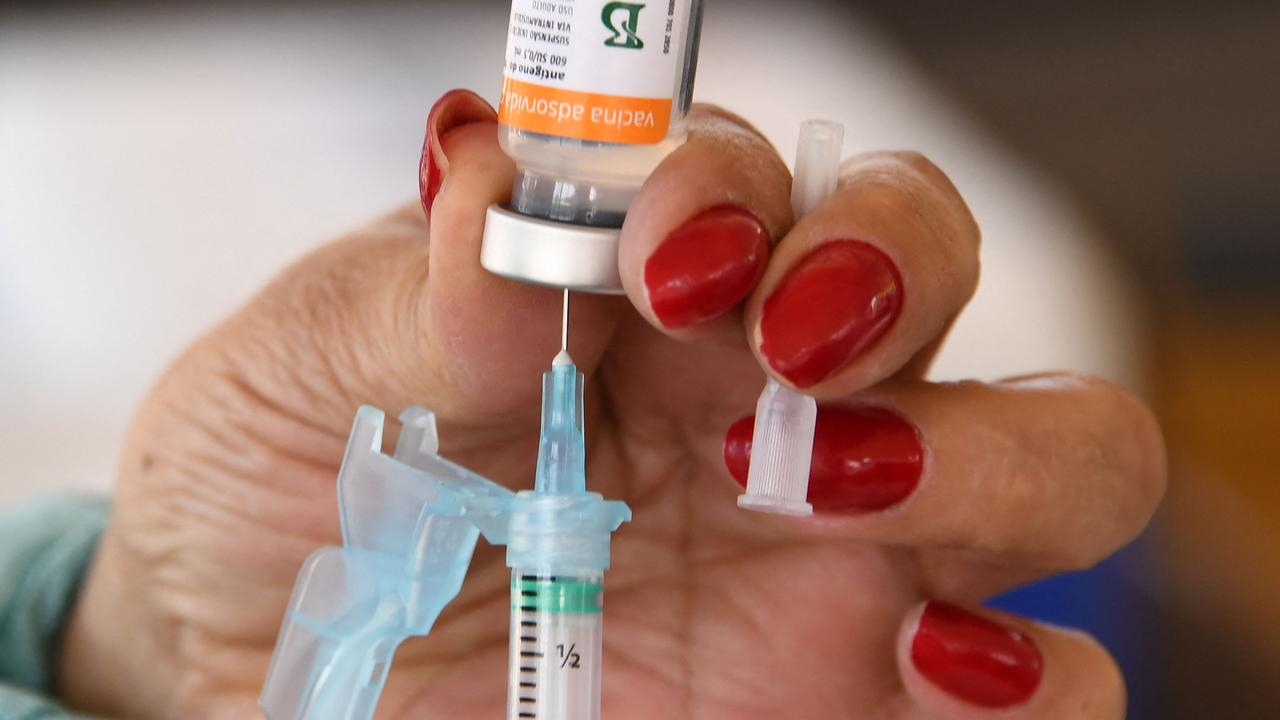Covid vaccine approved for Aussie babies
Australia’s medical regulator has made a major announcement about Covid-19 vaccines for the country’s youngest children.
Coronavirus
Don't miss out on the headlines from Coronavirus. Followed categories will be added to My News.
Australia’s medical regulator has approved the use of Moderna’s coronavirus vaccine for children under the age of five.
The Therapeutic Goods Administration looked at a study from the US and Canada before making the decision.
The TGA said the move was based on clinical trials in the US and Canada, showing “the safety profile in children is similar to that seen in adults”.
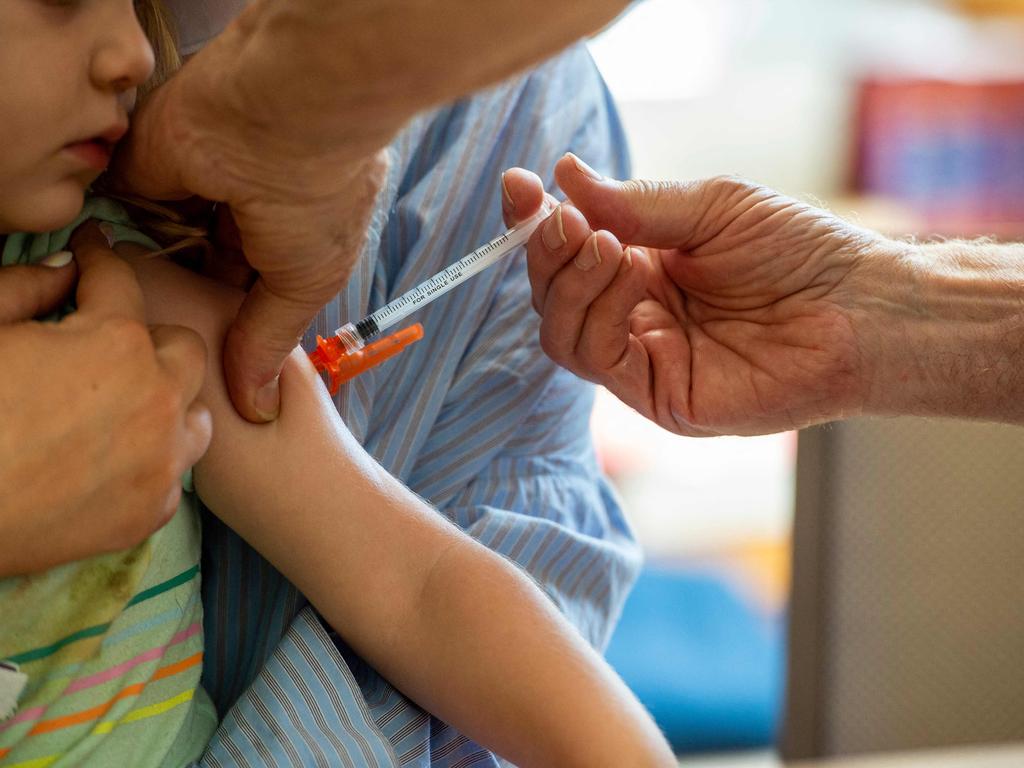
“Australians can be confident that the TGA’s review process of this vaccine was rigorous and of the highest standard,” it said in a statement.
“The decision to provisionally approve the vaccine was also informed by expert advice from the Advisory Committee on Vaccines (ACV), an independent committee with expertise in scientific, medical and clinical fields including consumer representation.”
The young children will receive two doses spaced at least 28 days apart and the jab will contain a lower concentration of the active ingredient.
Adverse events reported during the trials were mild to moderate and included crying or irritability, fatigue, fever and muscle pain.

Professor Robert Booy an infectious diseases and vaccine expert with an honorary professorship at the University of Sydney, said children benefit the most from the vaccine.
“Covid-19 is rising rapidly yet again and affecting vulnerable groups in the population. It remains the case that the engine of the epidemic is older teenagers and adults. However, children can get infected, and especially children who have multiple disabilities or chronic medical disorders, or immunodeficiency can develop Covid-19 severely,” he said.
“These are the groups that benefit most from being vaccinated. Having a new, safe product that can be given to children as young as six months is important. Very young children can also transmit infections they catch at daycare, to their vulnerable parents, to teachers, and to vulnerable grandparents.
“Children who are otherwise well are unlikely to get severe Covid-19, but with vaccination, the risk goes down even more.”
FAUCI TO RETIRE
Dr Anthony S. Fauci, America’s pre-eminent infectious diseases expert, will retire by the end of US President Joe Biden’s time in office, he confirmed to The Washington Post.
As Director of National Institute of Allergy and Infectious Diseases Dr Fauci steered the pandemic response for more than two years and publically contradicted former president Donald Trump over his approach to the virus.
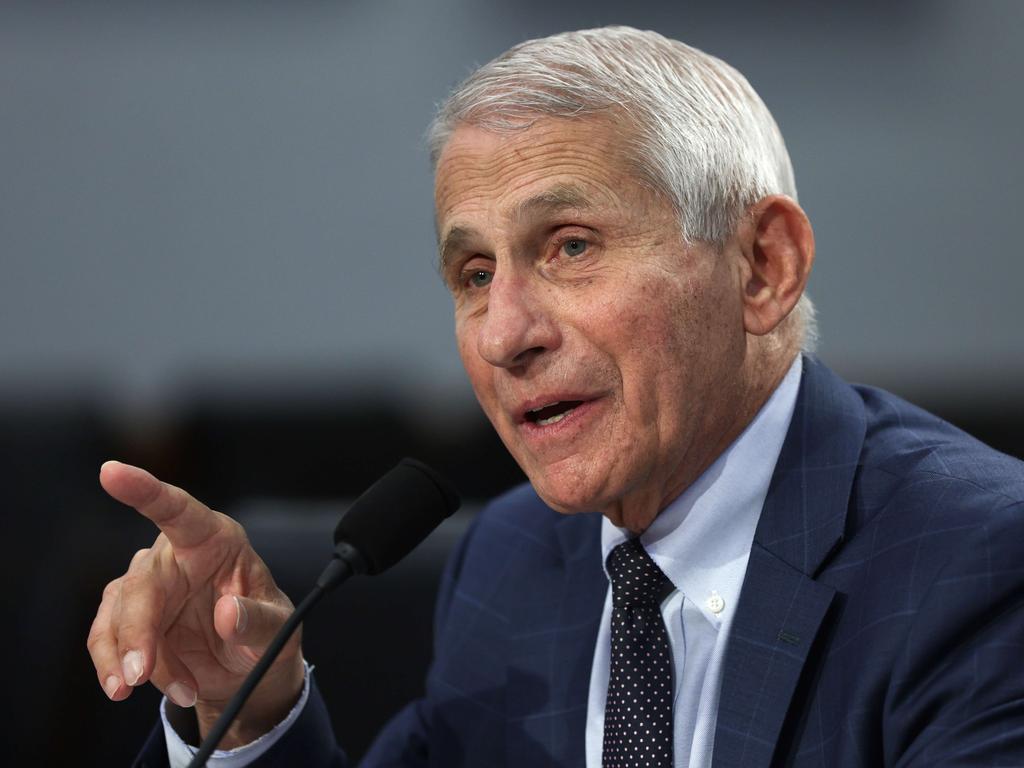
Dr Fauci has spent more than 50 years as a medical adviser to US governments and his decision to retire in 2024 was first reported by Politico.
“By the time we get to the end of the Biden administration term, I feel it would be time for me to step down from this position,” Dr Fauci said.
Mr Biden has relied heavily on Dr Fauci’s recommendations as Chief Medical Adviser including a rapid acceleration of vaccinations and booster shots.
Nevertheless, Dr Fauci came under fire for pushing vaccine mandates and masks even as he tested positive for Covid-19 on a rapid antigen test despite being fully vaccinated and boosted twice as well as wearing masks in public.
CHINA REPORTS RECORD CASES AGAIN
China on Saturday reported its highest number of coronavirus cases since May, with millions in lockdown this weekend as authorities persist with their zero-Covid policy.
Using snap lockdowns, long quarantines and mass testing, China is the last major economy still pursuing the goal of eliminating outbreaks, even as the strategy takes a heavy toll on the economy.
China reported 450 local infections on Saturday, up from 432 a day earlier. Most cases were asymptomatic.
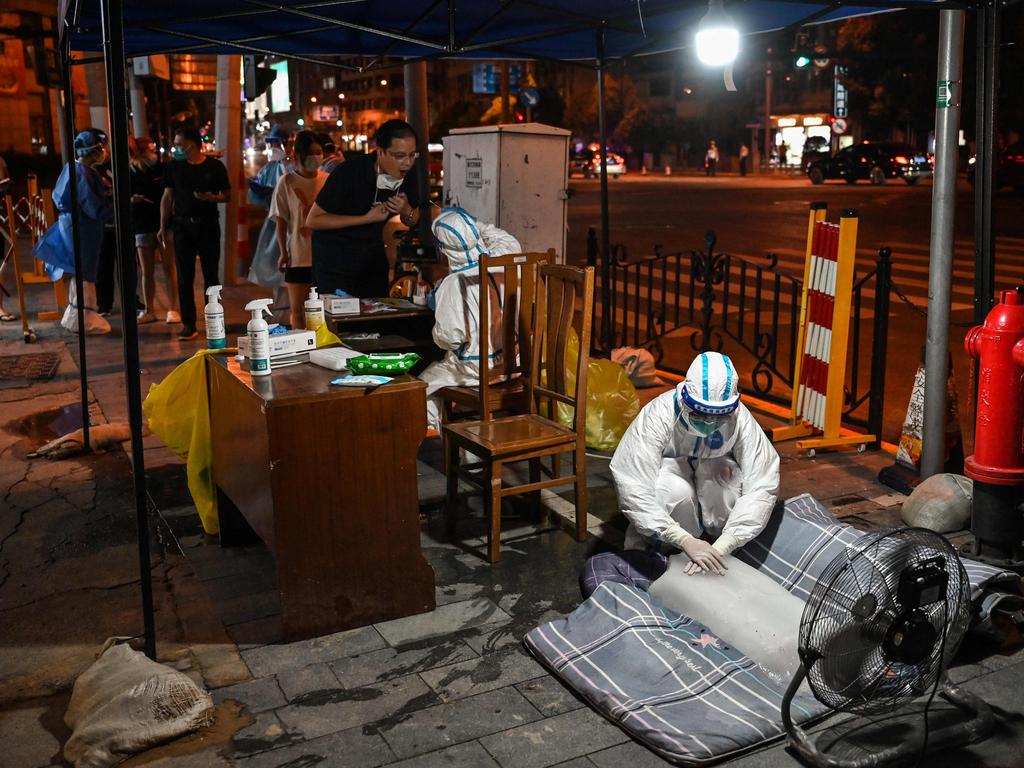
The rising wave of cases led to fresh restrictions this week in some parts of the country.
Lanzhou, the capital of northwestern Gansu province, ordered its 4.4 million residents to stay home starting Wednesday, and a county in Anhui province went into lockdown from Friday.
Beihai in the southern Guangxi region on Saturday also announced lockdowns in parts of two districts that are home to more than 800,000 people.
“Currently, the epidemic prevention and control situation in Beihai city is severe and complicated, and the risk of hidden transmission in the community is relatively high,” said a government notice announcing the restrictions.
Earlier in the week, the steelmaking hub of Wugang in central Henan province announced a three-day lockdown over a single Covid case.
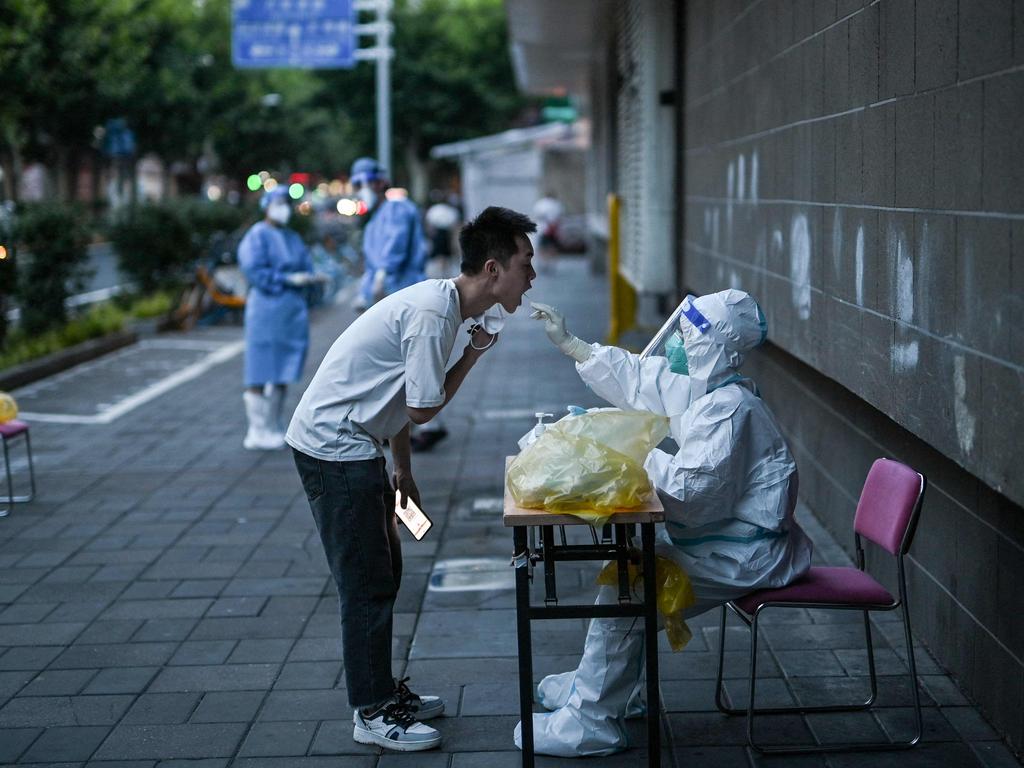
The fast-spreading Omicron variant of the virus has been a major challenge for Chinese authorities, as they try to limit the economic damage caused by Covid restrictions.
China logged its slowest second-quarter growth rate since the initial Covid outbreak, with GDP expanding just 0.4 percent on-year.
MACAU EXTENDS SHUTDOWN, INCLUDING CASINOS
Macau is set to begin another working week of partial lockdown, after the city extended the closure of its casinos and non-essential businesses to try and eradicate its worst coronavirus outbreak yet.
Authorities had announced a week of “static management” starting June 11 after recording more than 1500 infections in the previous three weeks despite multiple rounds of compulsory mass testing of the city’s population.
The restrictions had been due to lift on Monday, but cases have continued to climb, with the Macau government saying Sunday there had been 1733 cases recorded since the start of the outbreak.
Daily case numbers are comparatively small by global standards, but authorities have moved quickly to stamp out transmission as they adhere to mainland China’s strict zero-Covid policy.
On Saturday the government announced that the “static management” period would be extended through Friday.
All residents have to stay home except to go shopping for daily necessities and to get tested for the virus, with rule-breakers facing up to two years in jail.
Some public services and businesses such as supermarkets and pharmacies are allowed to stay open, but casinos — which in normal times account for around 80 percent of government revenue — need to keep their doors closed.
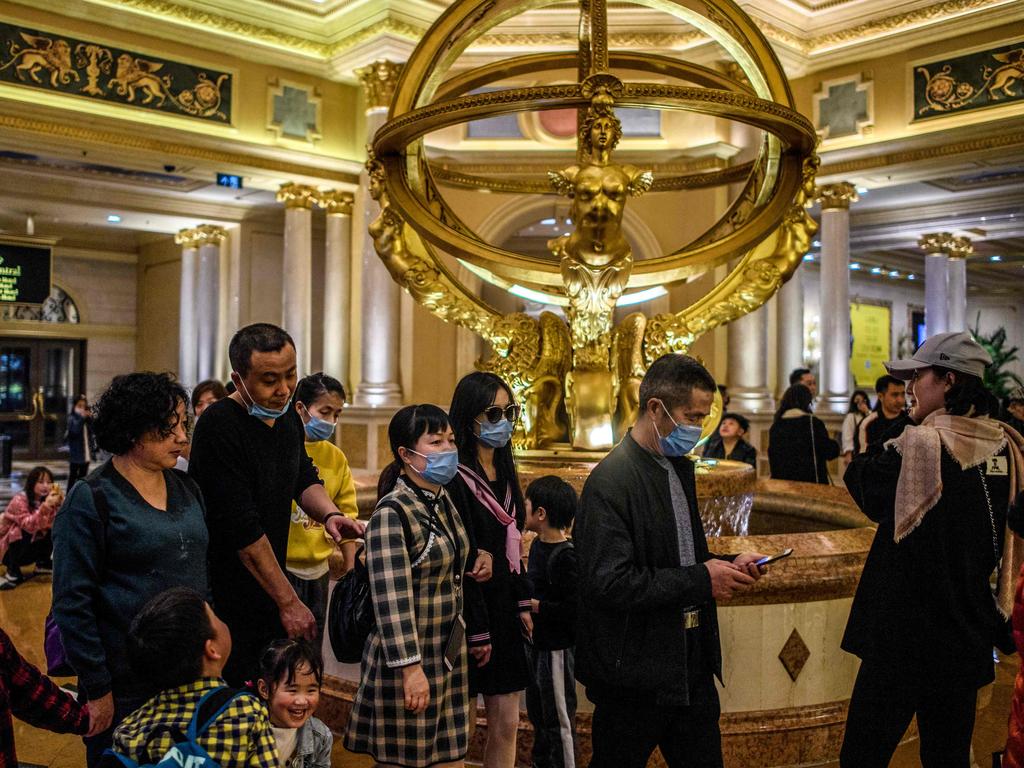
Macau hosts a casino industry bigger than that of Las Vegas, generating more than half the city’s gross domestic product and employing nearly one-fifth of the population.
The only city in China where casino gambling is permitted, Macau has seen its vital tourism revenues wiped out by some of the world’s harshest measures to tackle the virus — including tough border controls, weeks-long quarantines and targeted lockdowns.
Chinese President Xi Jinping’s anti-corruption campaign has also seen increased scrutiny of big-spending gamblers and corrupt officials who might travel to Macau to launder money.
Macau residents may face further economic woes after city officials declared that employers are not obligated to pay workers during the Covid-related shutdown.
DRAMATIC SPIKE IN ZOONOTIC DISEASES: WHO
Africa faces a growing threat from zoonotic diseases such as monkeypox, the WHO has said, with the continent recording a 63 per cent rise in such outbreaks over the past decade.
A World Health Organisation (WHO) analysis found 1843 “public health events”, such as disease outbreaks, in Africa between 2001 and 2022.
Thirty per cent of those events were outbreaks of diseases spread to humans by animals, which are known as zoonotic diseases.
Ebola is included among these diseases, for example, as well as dengue fever, anthrax, plague and monkeypox.
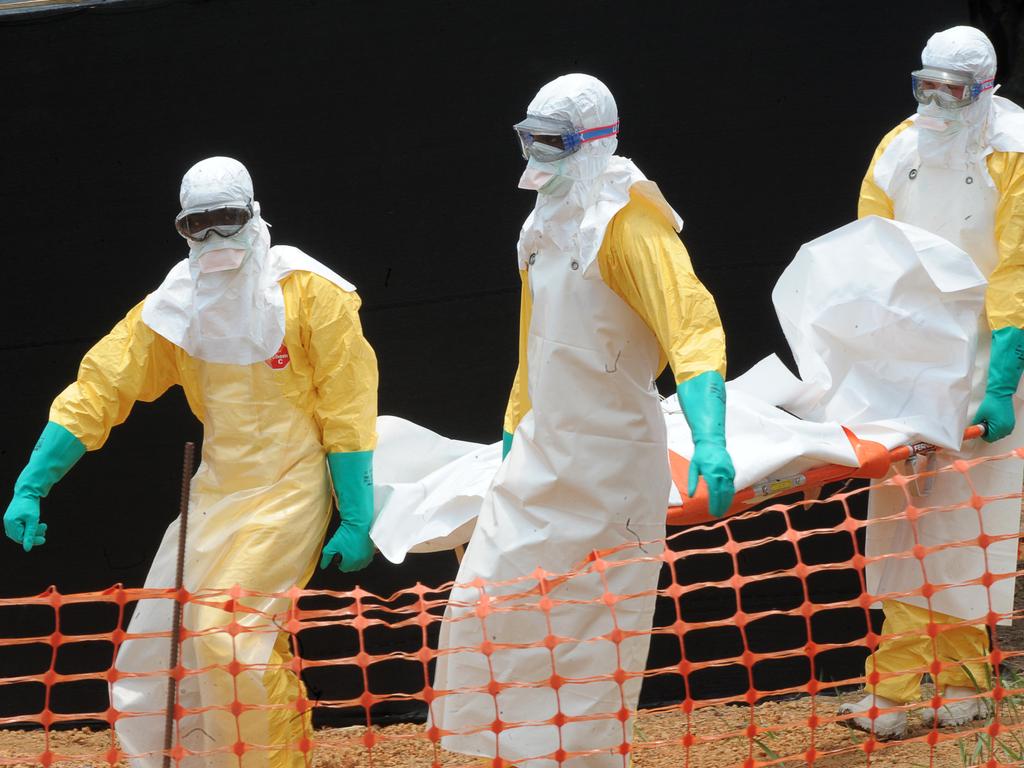
Africa has seen a 63 per cent rise in zoonotic disease outbreaks over the past decade in comparison to the 2001-2011 period, the WHO said in a statement.
WHO’s Africa director Matshidiso Moeti was quoted in the statement as saying that poor transport infrastructure had once limited mass zoonotic infections on the continent.
But Africa could become a “hotspot for emerging infectious diseases,” she warned, as improved transport links raise the threat of zoonotic pathogens travelling to cities.
Moeti urged researchers with different specialities to collaborate closely to stem zoonotic diseases. “Only when we break down the walls between disciplines can we tackle all aspects of the response,” she said.
Scientists have frequently sounded the alarm about the risk from animal-borne diseases, especially as growing human populations come into closer contact with wild species through hunting or habitat loss.
The period covered by the analysis included the start of the Covid-19 pandemic. The novel coronavirus emerged in China from a suspected animal source before becoming classified as a human disease as it spread.
Additional reporting by AFP
More Coverage
Originally published as Covid vaccine approved for Aussie babies





